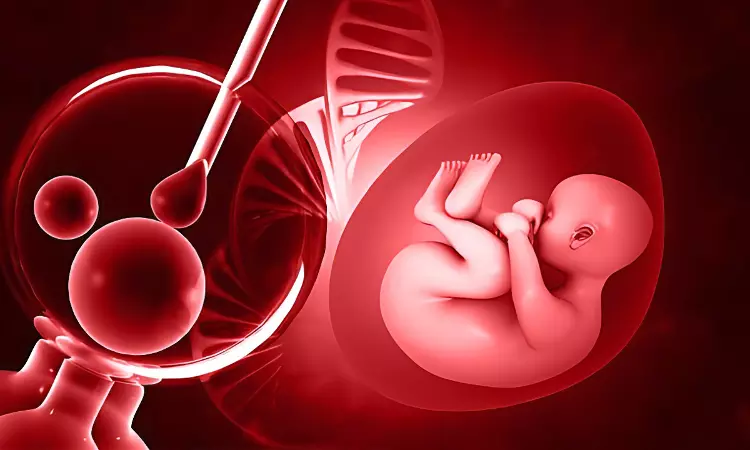Women’s Health Issues and Advancements in Reproductive Healthcare

Women’s health encompasses an expansive array of issues affecting female patients throughout their lifespan, from health care decisions to economic and social impacts; thus requiring an interdisciplinary approach in order to meet all their unique needs.
Women’s health should encompass not only all cisgender women but also trans and nonbinary people with female genitalia. This will lead to improved representation and knowledge gaps closure within biomedical research.
1. Breast Cancer
Women are particularly at risk from conditions like breast cancer, which affects more female than male patients. Early diagnosis and treatment are key in saving lives.
In countries with high unmet family planning needs, ensuring women can choose when and how many children to have is of utmost importance for safe motherhood, economic progress, and social cohesion. Policies which address barriers beyond cost will be more successful at increasing contraceptive use.
Addressing inequalities in access to healthcare based on factors like gender identity, age, race/ethnicity, income and disability is integral to improving overall health outcomes. Many inequities arise due to structural flaws within medical systems which must be resolved. Adopting a more unified approach across these factors could bring about significant improvements in women’s overall health worldwide.
2. Endometriosis
Endometriosis affects around 10% of women of reproductive age and results from tissue similar to that found within the uterus growing outside its organ, often causing intense discomfort during periods, sex and bowel movements; fatigue depression and infertility.
Doctors do not fully understand what causes endometriosis, although one theory suggests it could occur when menstrual blood leaks through fallopian tubes and back into the pelvic cavity, where it attaches itself to internal structures like the ovaries, bowel, bladder or abdominal wall.
Endometriosis’ primary symptom is pelvic pain that resembles period cramps. Over time, this pain may increase and cause problems during sexual activity as well as with bowel movement and urination. While endometriosis may eventually lead to infertility, surgery may help improve fertility chances while alleviating pain by making several small incisions to remove or heat growths from within the pelvis.
3. Sexually Transmitted Diseases
Every day, more than a million new cases of curable sexually transmitted infections (STIs), including chlamydia, gonorrhea, syphilis and trichomoniasis emerge worldwide. These infections can lead to symptoms in pregnancy such as complications and infertility as well as increasing HIV infection risk.
STDs (sexually transmitted diseases, also known as STDs) are infections caused by bacteria, viruses or parasites that spread during genital contact sex. While these infections can sometimes result in painful sores on the genital area, many have no noticeable symptoms and can easily be treated using medication.
Globally, STI diagnosis and treatment remain underfunded, neglected and inaccessible to populations at greater risk, such as sex workers, injectable drug users, prisoners and young people. Stigmatizing them further hinders their ability to seek medical help and access effective treatment solutions.
4. Infertility
Infertility occurs when individuals try to become pregnant but fail. It’s usually caused by female factors (about one third), male factors (one third) or both factors combined together (the remaining third). People struggling with infertility may opt for different forms of treatments ranging from medications and surgeries, all the way through to psychological counseling.
People suffering from infertility can also gain from various other services related to health and wellbeing, including education, counselling and screenings for preventive care screenings. Unfortunately, however, such services can often be hard to access in lower income countries where there may be limited insurance coverage; providing family planning access can advance important human rights and contribute to balanced population growth with sustainable economic development, and accessing contraception reduces infant mortality.
5. Pregnancy
Pregnancy hormone changes can have far reaching consequences on a female body and may be disturbed by various factors. Furthermore, pregnancy often imposes specific social, family, and professional demands that can cause psychological strain during gestation.
Women have the right to reproductive health and autonomy as part of their human rights and dignity, which means choosing their mode of birth and having access to quality maternal care as well as using effective contraception measures. This right is central to their sexual rights and human dignity.
Reproductive health refers to one’s ability to decide when, how often and whether they have children. People must receive accurate information regarding sexually transmitted infections (STIs) and safe methods of termination. Unfortunately, reproductive health can be a touchy topic; those working in reproductive health may face harassment or violence from individuals or groups.






